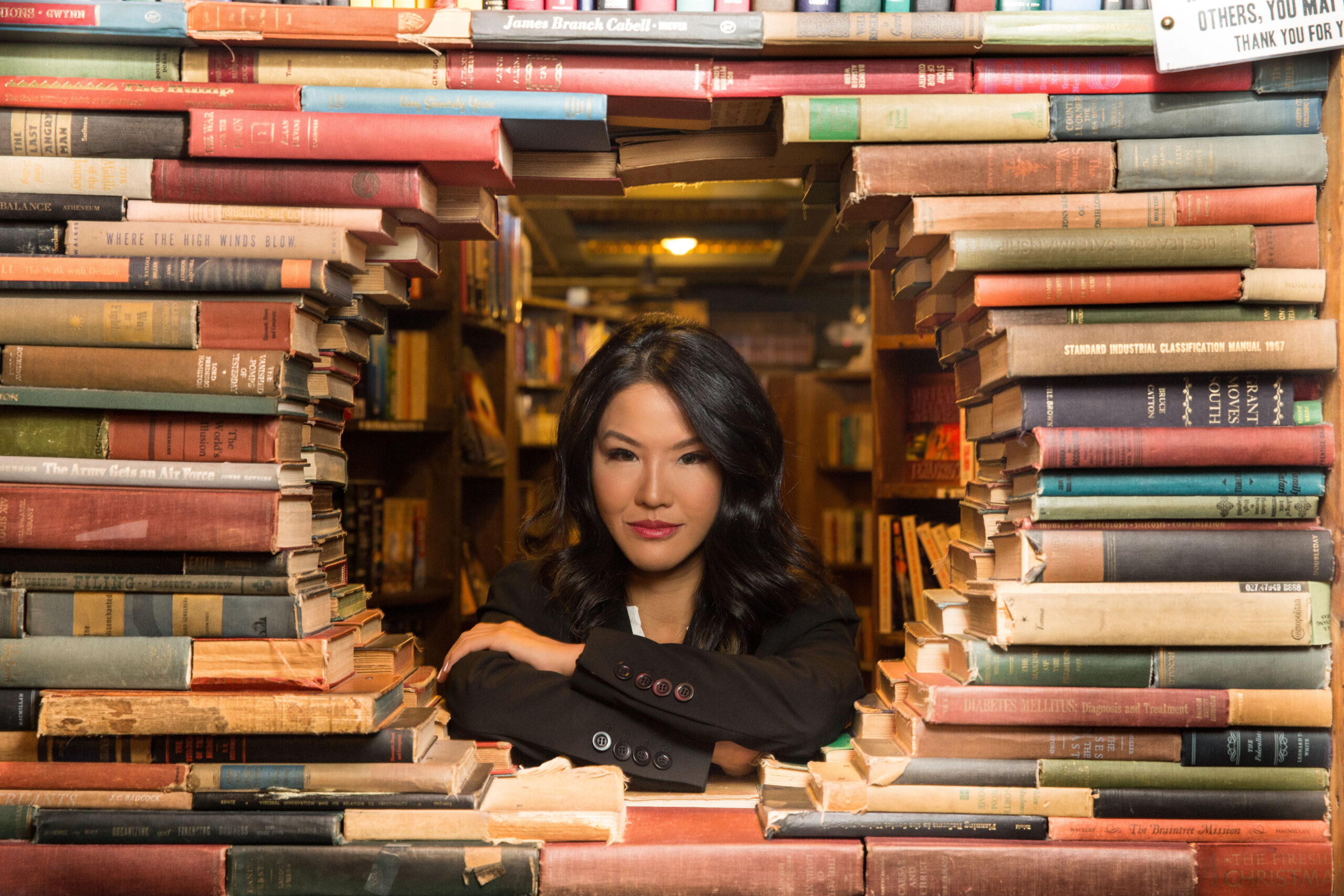If you’re looking for the writer and commentator whose tweets and clips you’ve seen being shared around on various channels, chances are, it’s probably me.
I’m the Managing Director of an amazing non-profit organization called Ideas Beyond Borders and previously the New York Editor of Spectator USA, the American edition of the oldest English language magazine in publication. These days, you might catch me as a reluctant, socially awkward talking head on various podcasts, TV news and at conferences.
My path here was byzantine. Born and raised in Singapore, I sought an American education because I wanted to live and learn in a culture with less calcified notions of what defines success, one in which mavericks and those who deviate from norms would be tolerated, maybe even celebrated.
Fresh out of college with a degree in computational biology, I worked at a genomics research institute, certain that I was bound for academia. By the middle of it, I had dropped out, wandered in professional no man’s land and then co-founded a non-profit organization that makes inaccessible ideas freely accessible to those who speak Arabic, Farsi and Kurdish. In part, my job involves convincing some of the most prominent, best-selling authors of our time to donate the Arabic digital rights to their books so that we can translate and disseminate them, mostly online but sometimes as hard copies in schools and refugee camps in places like Syria and Iraq. The goal is to make works that exemplify pro-liberty ideas, universal human values, evidence-based reasoning and critical thinking, perspectives that are sometimes considered too taboo and are hence censored, freely available to foster more pluralistic, tolerant attitudes. Open books, I believe, lead to open minds.
Bringing ‘weapons of mass instruction’ to the Arab world
Melissa Chen on the battle of ideas in the Middle East — Spiked Online Magazine
Along the way, I’ve gotten to know and befriend many of these generous intellectuals. Some have since become personal mentors. Orbiting around the constellation of public commentators in the Twitterverse and on the conference circuit, I gravitated slowly to thinking aloud in public and writing. After the publication of my first op-ed, Spectator magazine took notice.
Having no formal journalism training but instead armed with science degrees and 10,000 hours of research experience that were no longer relevant to my current career trajectory, I was inflicted with a high degree of imposter syndrome which I made known to the Chairman of Spectator, the renowned British journalist and one of the shrewdest political interviewers of our time, Mr. Andrew Neil. He quashed my fears, insisting that:
“requiring formal training precisely sums up the problem at places like the New York Times, who hire from the same pool of kids who studied at the same journalism schools, and so end up thinking the same way. Your lack of training is precisely why we want you. In fact, we never ask where or what you studied at school. All we care about here at Spectator is: can you write?“
Andrew Neil
I sure hope so (and that I write better articles than bios). For someone who actively pursued opportunities in order to live in an environment that exalts iconoclasts, this was a match made in heaven. In Spectator, I found a sanctuary where the source of my insecurities no longer was a liability. In fact, I’ve really come to appreciate just how much being a scientist for so many years have helped me to approach thinking and asking the right questions.
Welcome to my home on the interwebs! Please subscribe and if you are so inclined, feel free to drop me a message. Enjoy!


